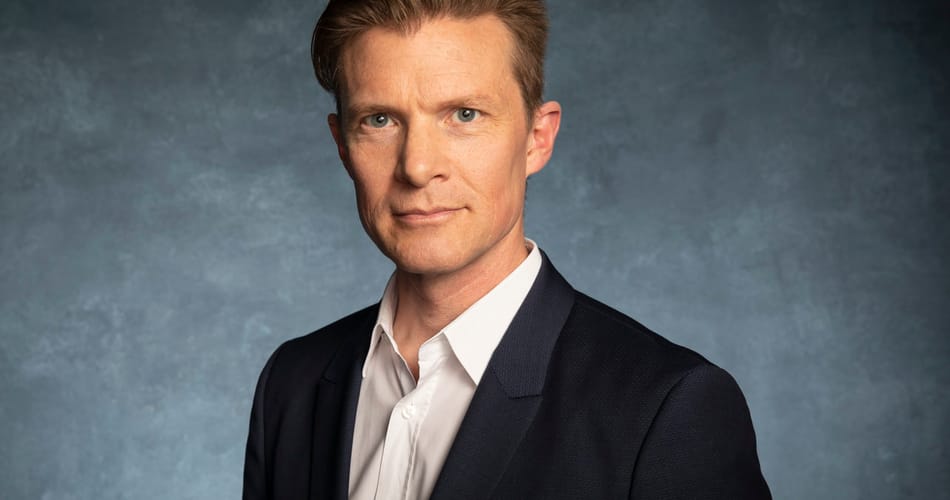Historian Johan Norberg wrote the book Peak Human about the rise - and fall - of seven great civilizations. Including the Netherlands of the Golden Age. What lessons can we learn from it? An interview ...
This article is for subscribers only
To continue reading this article, just register your email and we will send you access.
Subscribe NowAlready have an account? Sign In
